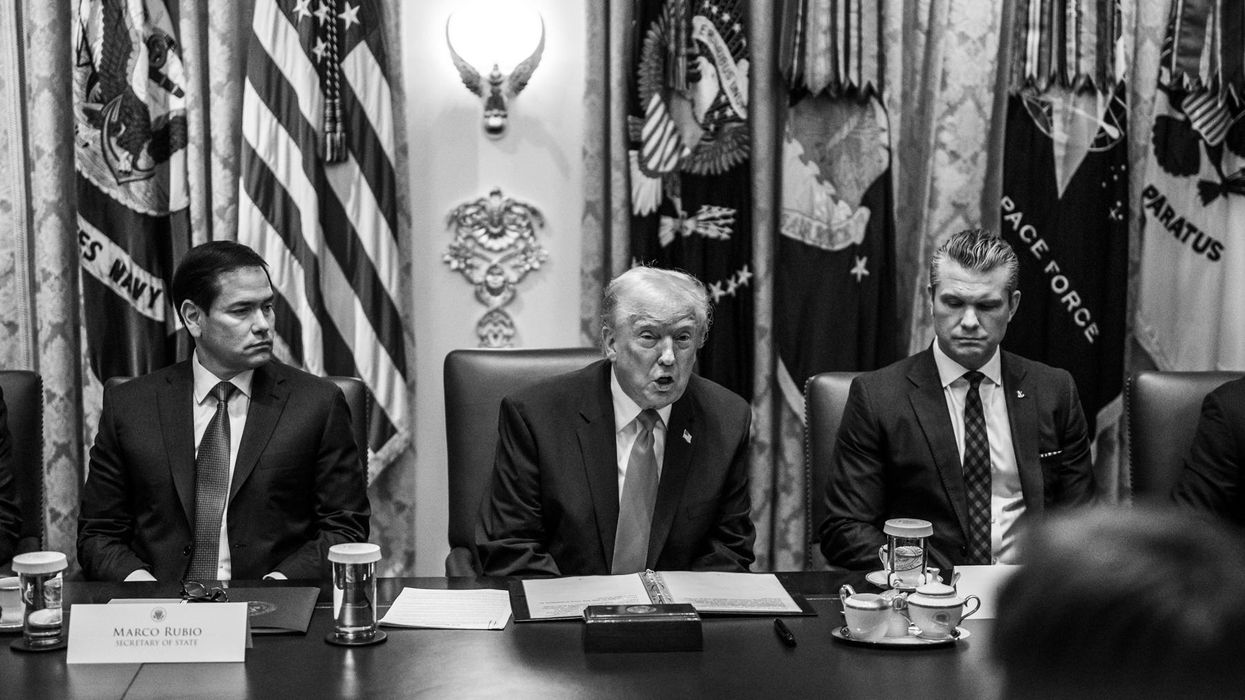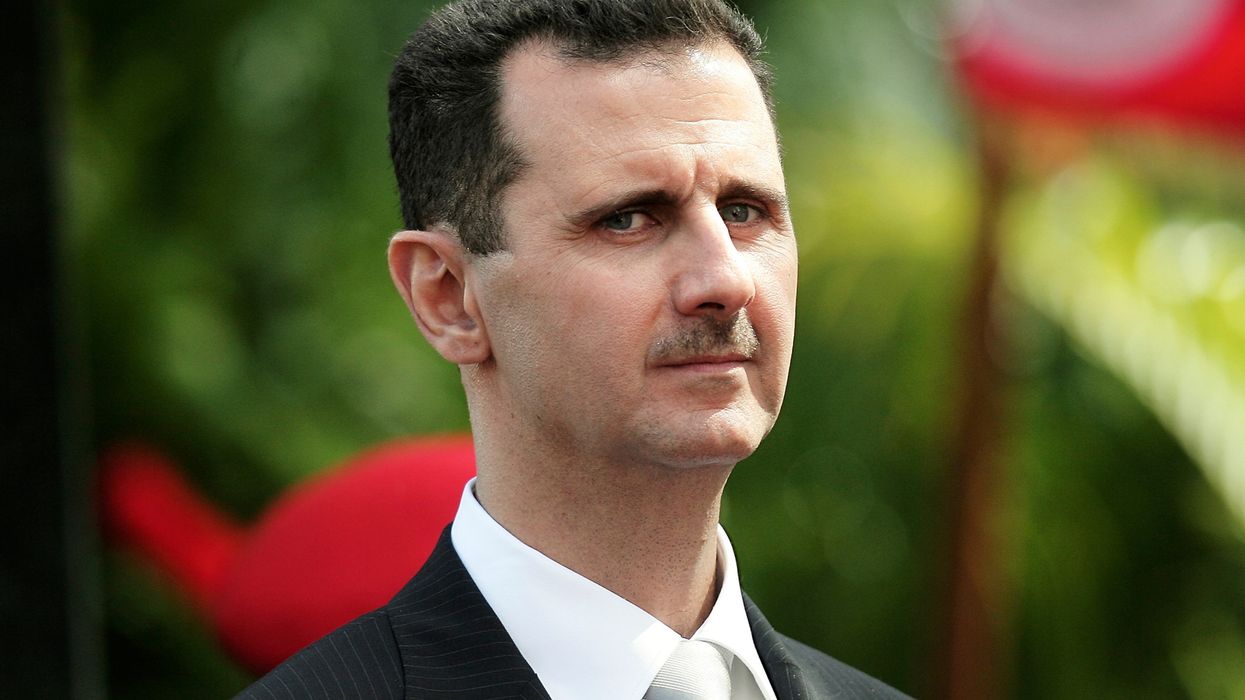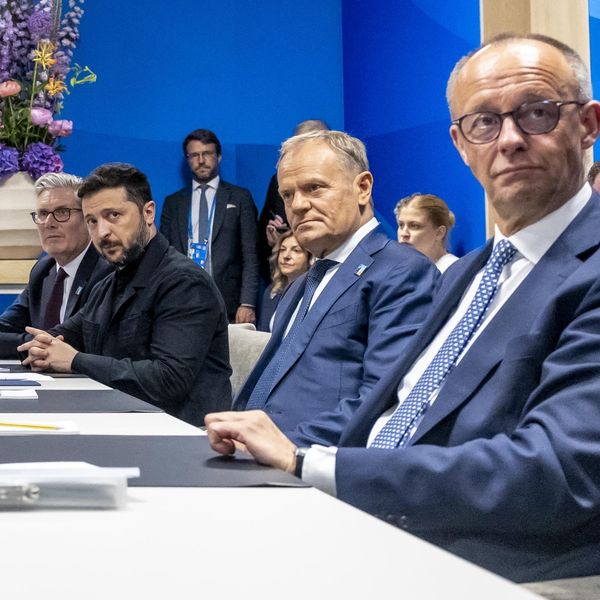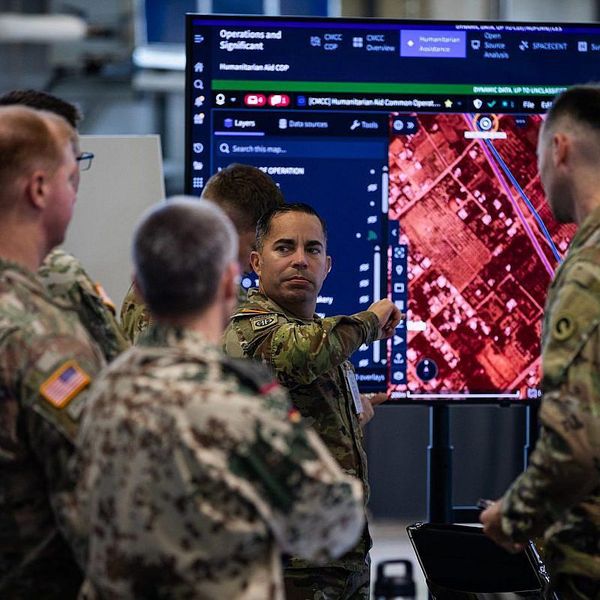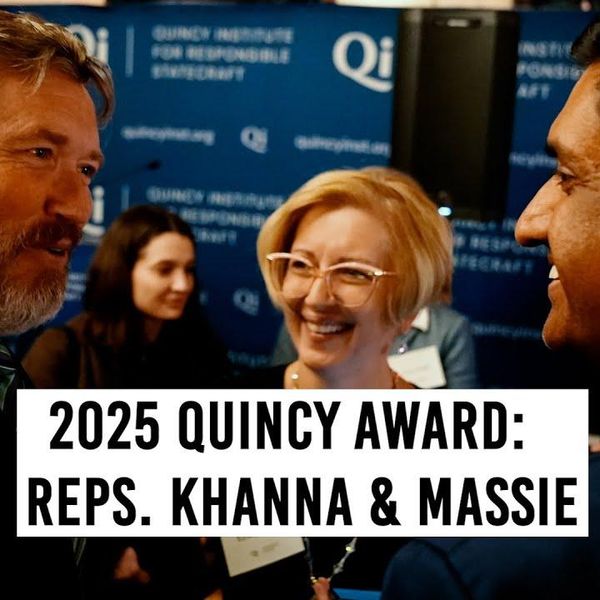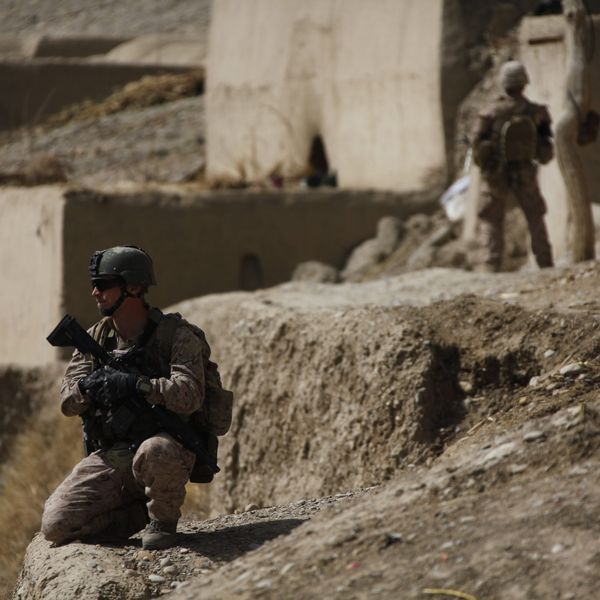A former Joint Chiefs of Staff chairman said on Sunday that the United States needs to work toward ending the war in Ukraine as soon as possible, amid reports of escalating violence and talk of increased threats of nuclear weapons use.
Retired Admiral Mike Mullen — the nation’s top military officer during parts of the Bush and Obama administrations — assessed on ABC’s This Week that Russian President Vladimir Putin is a “cornered animal,” a situation that he said “speaks to the need to get to the table” and negotiate.
Referring to President Biden’s recent warning of a nuclear conflict, Mullen added, “I think we need to back off that a little bit and do everything we possibly can to try to get to the table to resolve this thing.”
Mullen also urged Secretary of State Antony Blinken and other top diplomats to figure out a way to get Putin and Ukrainian President Volodomyr Zelensky to talk. “[A]s is typical in any war, it has got to end and usually there are negotiations associated with that,” he said. “The sooner the better as far as I'm concerned.”
The former Joint Chiefs chair also said the possibility of Putin using nuclear weapons is very real. “He has got some very small ones, which theoretically while devastating would localize the damage,” Mullen said. “He could pick a symbolic target. He could pick Zelensky's hometown, for instance, as a target as opposed to having a big impact on the battlefield that would badly hurt the Ukrainian Army, which has fought so well.”
Mullen’s comments came just hours before Russia’s retaliatory strikes after a bridge connecting Crimea with Russia was blown up on Sunday.
Quincy Institute director of grand strategy George Beebe said the series of recent strikes from both sides makes a resolution to the conflict more pressing. “It is time for the United States to supplement its military support for Ukraine with a diplomatic track to manage this crisis before it spirals out of control,” he said.


